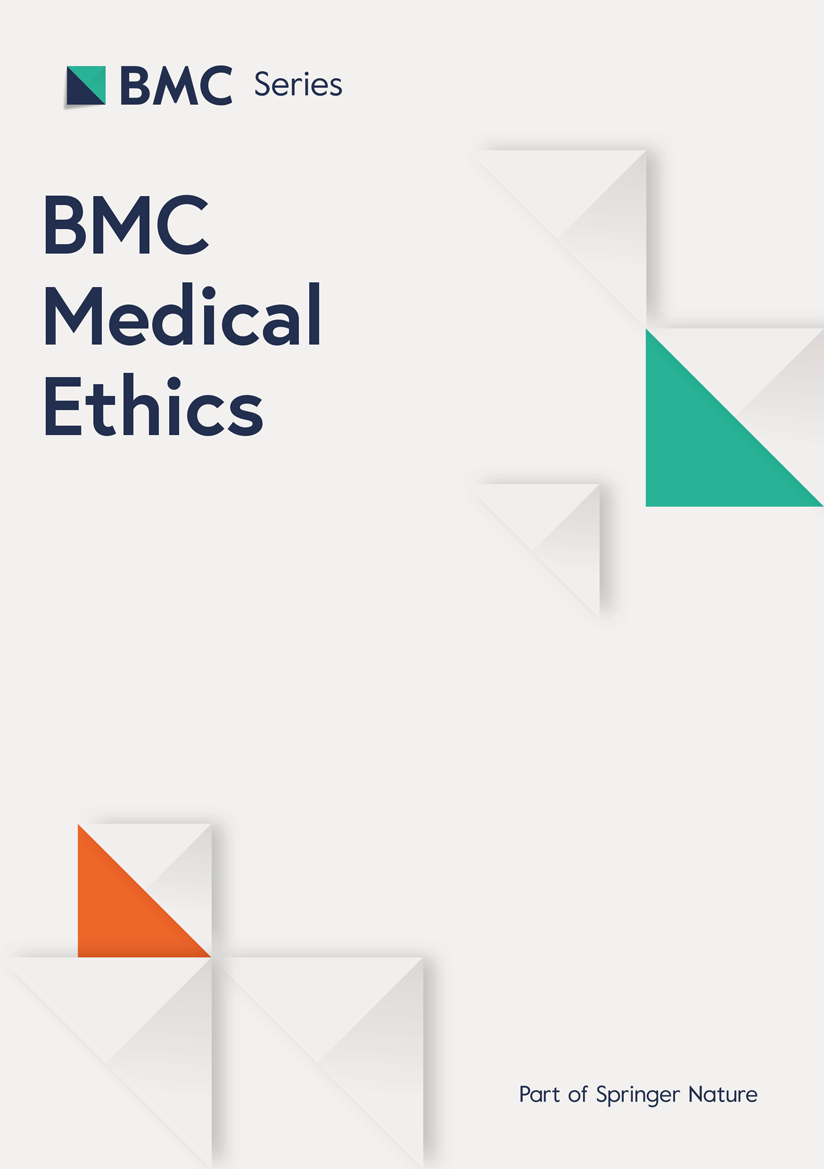Patient data for commercial companies? An ethical framework for sharing patients’ data with for-profit companies for research | Journal of Medical Ethics
Background Research using data from medical care promises to advance medical science and improve healthcare. Academia is not the only sector that expects such research to be of great benefit. The research-based health industry is also interested in so-called ‘real-world’ health data to develop new drugs, medical technologies or data-based health applications. While access to medical data is handled very differently in different countries, and some empirical data suggest people are uncomfo...| Journal of Medical Ethics



